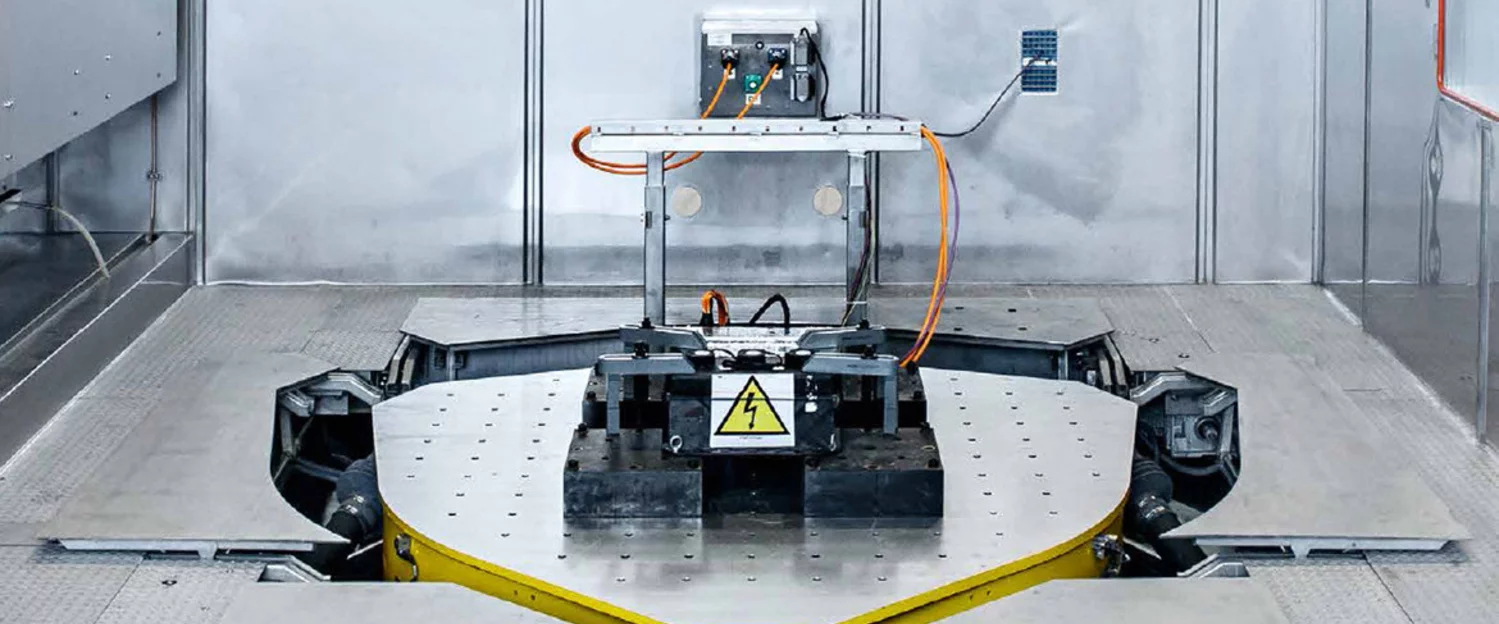Alternative drives are a central part of the automotive future and make environmental sense, especially in combination with regeneratively generated power. On the one hand, this enables demands for driveability and comfort to be met, on the other hand, the requirements of environmental zones in city centres can be complied with and environmental impacts can be sustainably reduced.
Meeting increasingly stringent requirements
In comparison with other mobile storage systems, lithium-ion batteries and fuel cell technology have prevailed. The need for ever greater ranges and applications as well as links to solar installations demand storage technologies that are highly loadable and safe.
Test mobile storage systems safely
To test their reliability, lithium-ion batteries undergo various tests in temperature cycling or climate test chambers. During temperature tests, the batteries may malfunction, be overloaded or even destroyed. With increasing battery size, the effects and hazards of such failures rise. This makes safety and the protection of personnel in the laboratory particularly important for such tests. Our test chambers for lithium-ion batteries have safety devices which comply with the EUCAR Hazard Levels and provide optimum test safety.
High performance at the Fraunhofer LBF
The high-performance chamber with a multi-axis vibration table at the Fraunhofer Institute for Structural Durability and System Reliability (LBF) has a volume of 56 m³ and a load capacity of up to one ton. It permits temperature fluctuations of between –40 °C and +80 °C with a gradient of 4 K/min.

